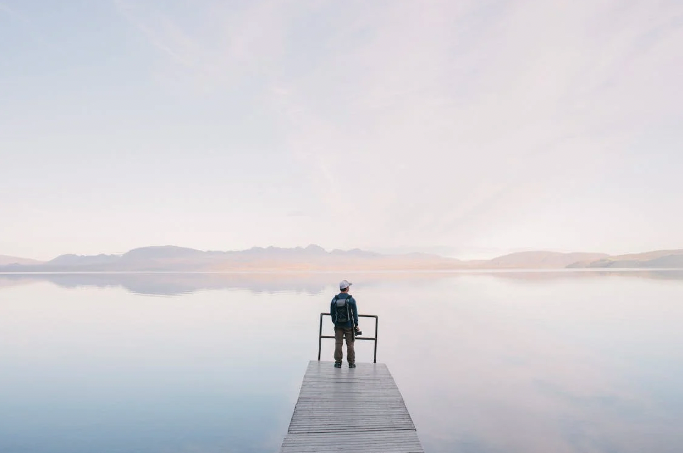
Photography may seem simple on the surface (you just point and shoot the camera, right?) but it’s actually quite an exercise. Not only do you have to walk miles when hiking or covering an event from all angles, but the art of taking good photographs is a very intellectual exercise. Sure, you can enjoy cozy days working with your editing suite, but the truth is that everything you do requires thousands of minuscule decisions that can lead to fatigue over time.
Just as copywriting might not seem like that intensive an exercise, the intellectual focus and creativity required can be demanding. As such, it’s good to sit back and recognize the value in a hard day of photography work, and to give yourself credit for it.
Moreover, it’s helpful to implement strategies to maintain your energy as a photographer, especially if you’re covering a multi-day event, traveling with a band or a brand, or simply getting out into nature to get the landscape shots no one else has taken time to capture. With that in mind, please consider some of the following advice:
Plan Your Shooting Itinerary
It’s good to plan out your shooting itinerary to the extent you can. This will enable you to move through your shot list, or at least have an idea for opportunistic shots you could take, especially if you’re trying to cover an event or set list. However, if this is just hobbyist, then you might plan out certain locations to head to so the overall productivity of your trip is formatted well. This way, you don’t have to worry that you’re not doing enough, or feel like you’re constantly chasing the sun and its best lighting. You’re free to experiment within a comforting framework.
Prepare Your Equipment In Advance
Preparing your equipment in advance will have a major impact on how comfortable you are heading from palace to place. To begin with, having a solid hardshell case for your camera or a shoulder bag you can carry it in will help you move light and freely. Another small case for your lenses or basic portable lighting equipment can work wonders, too. If planning stationary shots, make sure your portable studio is properly lit and the greenscreen is placed well in advance. This will help you avoid frantic adjustments if the subject is short on time.
Learn Your Pace
It’s healthy to learn your pace of photography, to get into a routine of observation, taking pictures, managing camera settings, adjusting, and taking notes. When this becomes second nature, you’ll have more room to maneuver this process and not feel as though things are going wrong. With some good breathing techniques, restful sleep, and a herbal product or two from CBDistillery, you’ll be able to focus and not worry about nerves or anxieties. When it comes to art, having a focused and attentive mind is everything, even if fusing worries or anxieties into a more personal project can be an authentic boon.
With this advice, you’re sure to maintain and manage your energy as a photographer, helping you stay productive behind the lens.




I kept wondering how possible it was to raise a score as low as 430 to 800+ until I came in contact with H A C K M A V E N S CREDIT SPECIALIST who helped me clean up all the bad items in my credit report and raised my score to 805 within a short period of time. That was incredible! I strongly recommend them to anyone having credit-related issues. EMAIL: H A C K M A V E N S 5 @ G M A I L. C O M or Call/Text/WhatsApp: [+ 1 (2 0 9) 4 1 7 – 1 9 5 7].